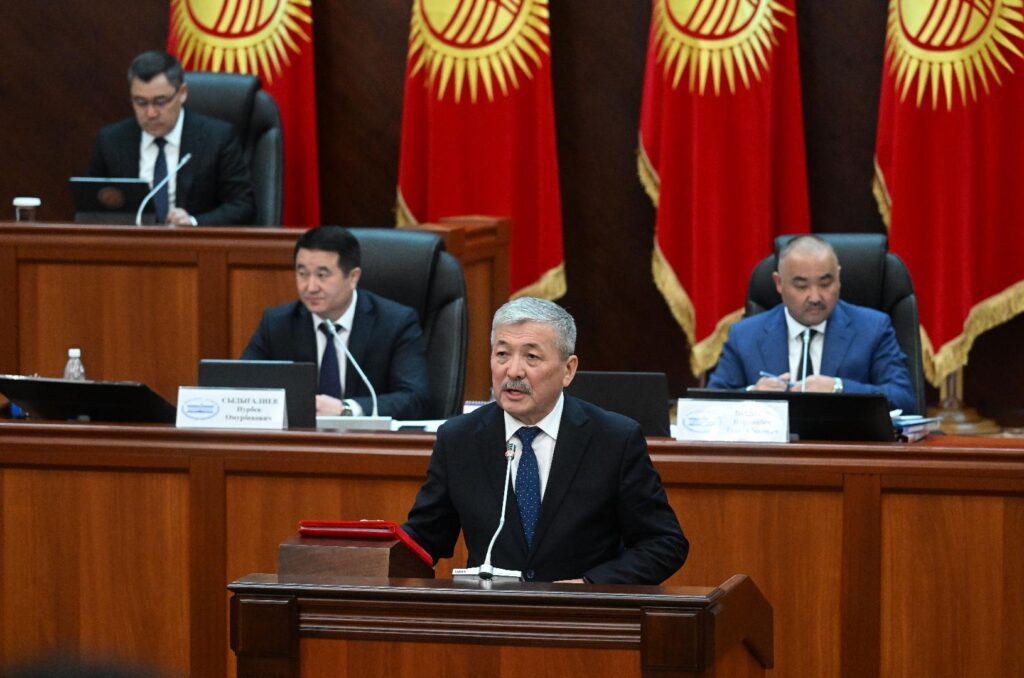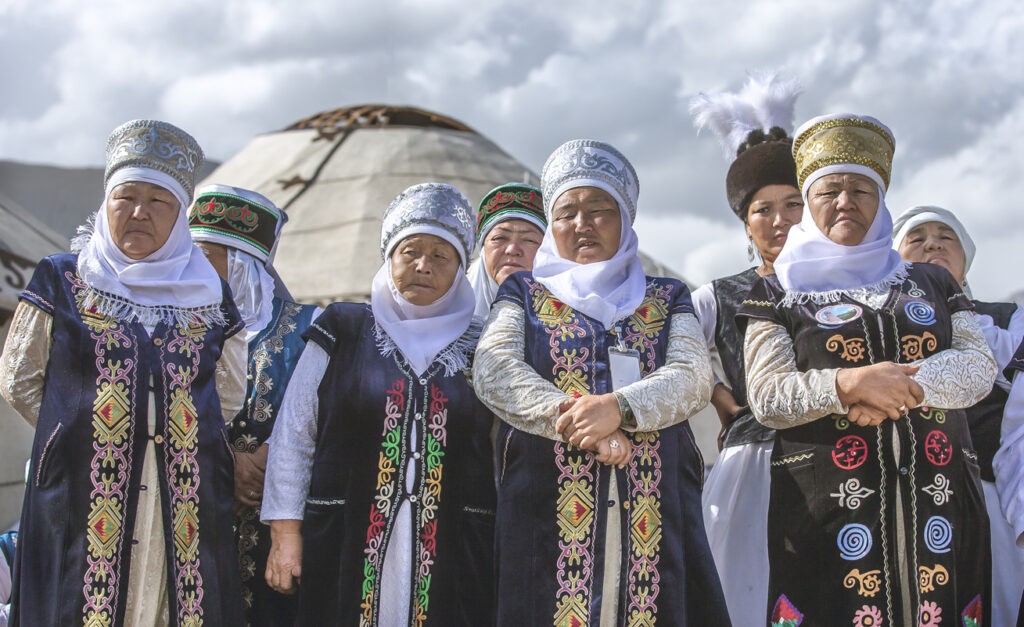Tax Troubles Trigger Shake-Up: Kyrgyzstan Names New Prime Minister
In Kyrgyzstan, Adylbek Kasymaliev, the head of the Cabinet of Ministers, has replaced Akylbek Japarov and became the new Prime Minister of the country. The departure of the previous head came as a surprise to most citizens. However, the president of the Kyrgyz Republic explained that the dismissal was due to unfavorable developments in the sphere of taxes. New Prime Minister Adylbek Kasymaliev was born on December 1, 1960, in the village of Dolon, in the Tyup district of the Issyk-Kul region. Over his long career, he has held the positions of Minister of Finance of Kyrgyzstan, Chairman of the State Tax Service, and Deputy Head of the Presidential Administration. According to the Kyrgyz president, Kasymaliev’s predecessor, Akylbek Japarov, who served for more than three years in the government, made a number of mistakes in the area of taxes. “His departure from office, I think, should not be politicized," stated President Sadyr Japarov. "Unfavorable events in the tax sphere, which provides the funds for the budget, have impacted this decision. There have also been machinations with excise duties. This sphere was under Akylbek Usenbekovich's personal control, and he could have taken earlier measures to stop illegal activity. Because of illegal manifestations in this area, as well as an investigation into the leadership of the tax service, there is a need to eliminate a conflict of interests. Thus, I decided to remove him from his post,” the president told Parliament. Earlier, the State Tax Service of Kyrgyzstan underwent massive inspections, resulting in a number of high-ranking officials losing their posts, including the head of the State Tax Service and some of his deputies. Kyrgyz analyst Nasirdin Shamshiev told Times of Central Asia that the departure was unexpected, as Akylbek Japarov had established himself as a strong and progressive economist. “Akylbek Japarov has done a lot to increase tax collections and bring business out of the shadows. Today's appointments in the government speak of the previous course of the Cabinet of Ministers,” Shamshiev said. In addition, Bakyt Sydykov has been officially appointed as Kyrgyzstan's new Minister of Economy. Previously, Sydykov worked on attracting investments and coordinating donor aid to the country. "Sydykov's appointment was likely a preliminary measure," Shamshiev also told TCA. "He has performed well in his previous posts, but we have yet to assess his work, because the Ministry of Economy is not only about investment, it has to deal with a very wide range of issues. These include taxes, as well as standardization and customs policy. There are also many unresolved problems related to the Eurasian Economic Union. There is still a lot of work to be done on all of this.” Personnel rotations in the government of Kyrgyzstan are associated with a revitalization of the system of government management, Edil Baisalov, deputy chairman of the Cabinet of Ministers, wrote on his Facebook page. According to Baisalov, the president's decision is dictated by the desire to give new momentum to the country's growth. Baisalov also noted that Akylbek Japarov...



